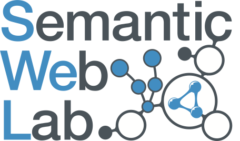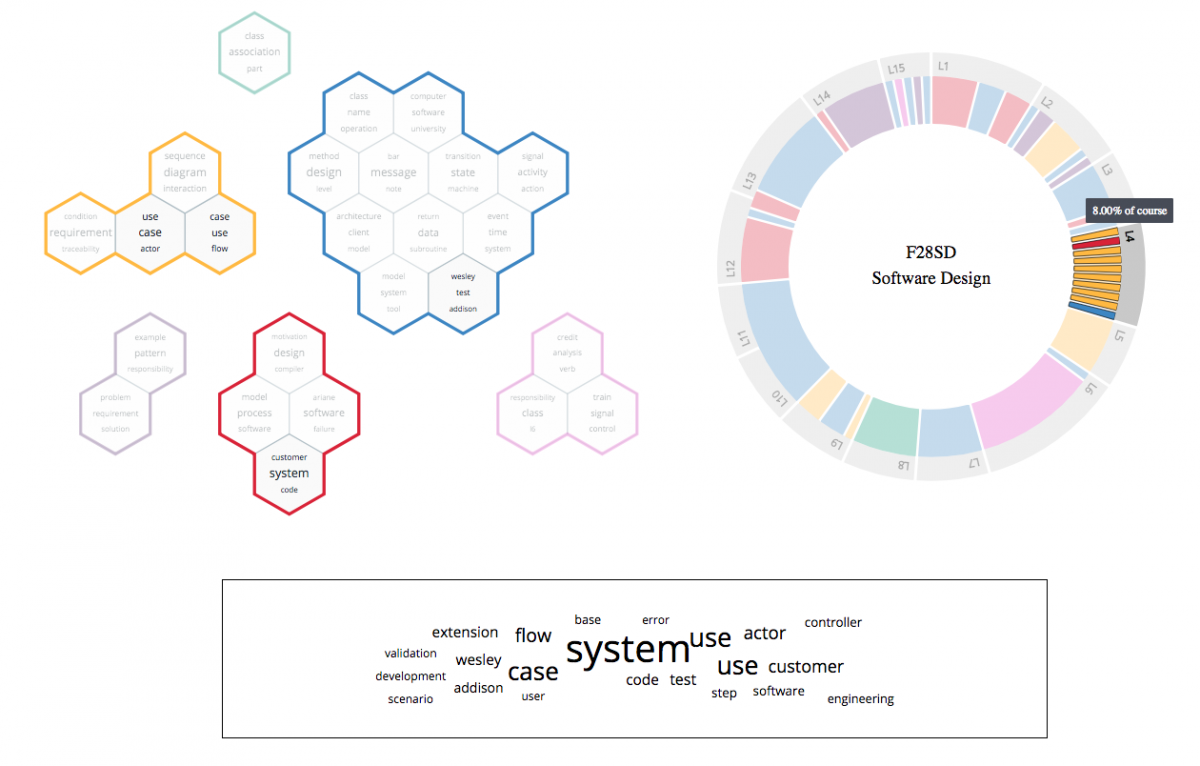Do you have any comments, advice or other pointers on how to guide students to maintaining high quality reflective learning logs? Context: I teach part of a first year computer science / information systems course on Interactive Systems. We have some assessed labs where we set the students fixed tasks to work on, and there is … Continue reading Reflective learning logs in computer science →
The post Reflective learning logs in computer science appeared first on Sharing and learning.
Do you have any comments, advice or other pointers on how to guide students to maintaining high quality reflective learning logs?
Context: I teach part of a first year computer science / information systems course on Interactive Systems. We have some assessed labs where we set the students fixed tasks to work on, and there is coursework. For the coursework the students have to create an app of their own devising. They start with something simple (think of it as a minimum viable product) but then extend it to involve interaction with the environment (using their device’s sensors), other people, or other systems. Among of the objectives of the course are that: students learn to take responsibility for their own learning, to appreciate their own strengths and weaknesses, and what is possible within time constraints. We also want students to gain experience in conceiving, designing and implementing an interactive app, and we want them to reflect on and provide evidence about the effectiveness of the approach they took.
Part of the assessment for this course is by way of the students keeping reflective learning logs, which I am now marking. I am trying to think how I could better guide the students to write substantial, analytic posts (including how to encourage engagement from those students who don’t see the point to keeping a log).
Guidance and marking criteria
Based on those snippets of feedback that I found myself repeating over and over, here’s what I am thinking to provide as guidance to next year’s students:
- The learning log should be filled in whenever you work on your app, which should be more than just during the lab sessions.
- For set labs entries with the following structure will help bring out the analytic elements:
- What was I asked to do?
- What did I anticipate would be difficult?
- What did I find to be difficult?
- What helped me achieve the outcome? These may be resources that helped in understanding how to do the task or tactics used when stuck.
- What problems could I not overcome?
- What feedback did I get from teaching staff and other students?
- What would I do differently if I had to do this again?
- For coursework entries the structure can be amended to:
- What did I do?
- What did I find to be difficult? How did this compare to what I anticipated would be difficult?
- What helped me achieve the outcome? These may be resources that helped in understanding how to do the task or tactics used when stuck.
- What problems could I not overcome?
- What feedback did I get from teaching staff and other students on my work so far?
- What would I do differently if I had to do this again?
- What do I plan to do next?
- What do I anticipate to be difficult?
- How do I plan to overcome outstanding issues and expected difficulties.
These reflective learning logs are marked out of 5 in the middle of the course and again at the end (so represent 10% of the total course mark), according to the following criteria
- contributions: No entries, or very brief (i.e. one or two sentences) entries only: no marks. Regular entries, more than once per week, with substantial content: 2 marks.
- analysis: Brief account of events only or verbatim repetition of notes: no marks. Entries which include meaningful plans with reflection on whether they worked; analysis of problems and how they were solved; and evidence of re-evaluation plans as a result of what was learnt during the implementation and/or as a result of feedback from others: 3 marks.
- note: there are other ways of doing really well or really badly than are covered above.
Questions
Am I missing anything from the guidance and marking criteria?
How can I encourage students who don’t see the point of keeping a reflective learning log? I guess some examples of where they are important with respect to professional practice in computing.
These are marked twice, using rubrics in Blackboard, in the middle of the semester and at the end. Is there any way of attaching two grading rubrics to the same assessed log in Blackboard? Or a workaround to set the same blog as two graded assignments?
Answers on a postcard… Or the comments section below. Or email.
The post Reflective learning logs in computer science appeared first on Sharing and learning.

